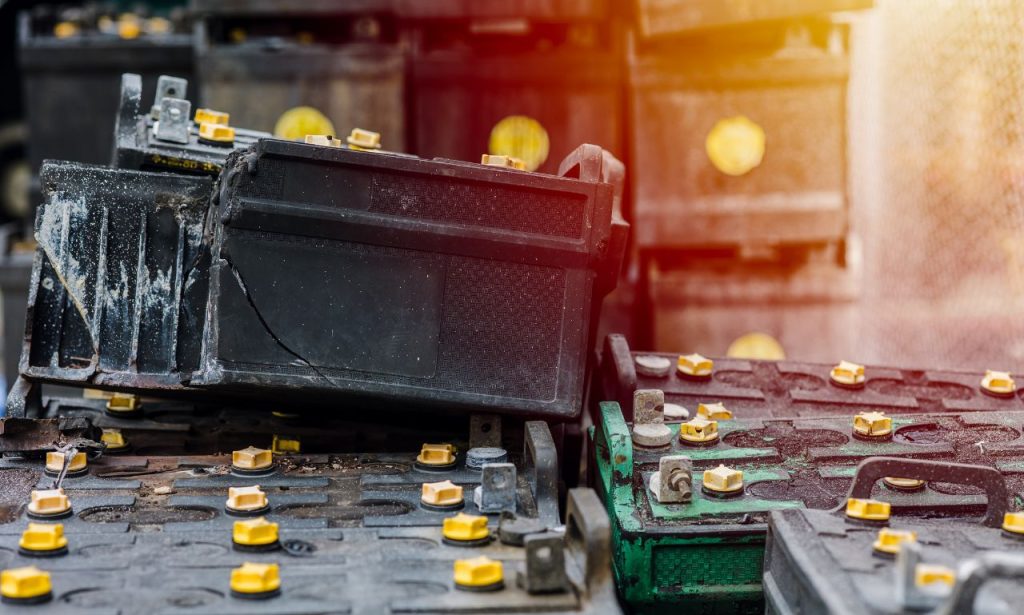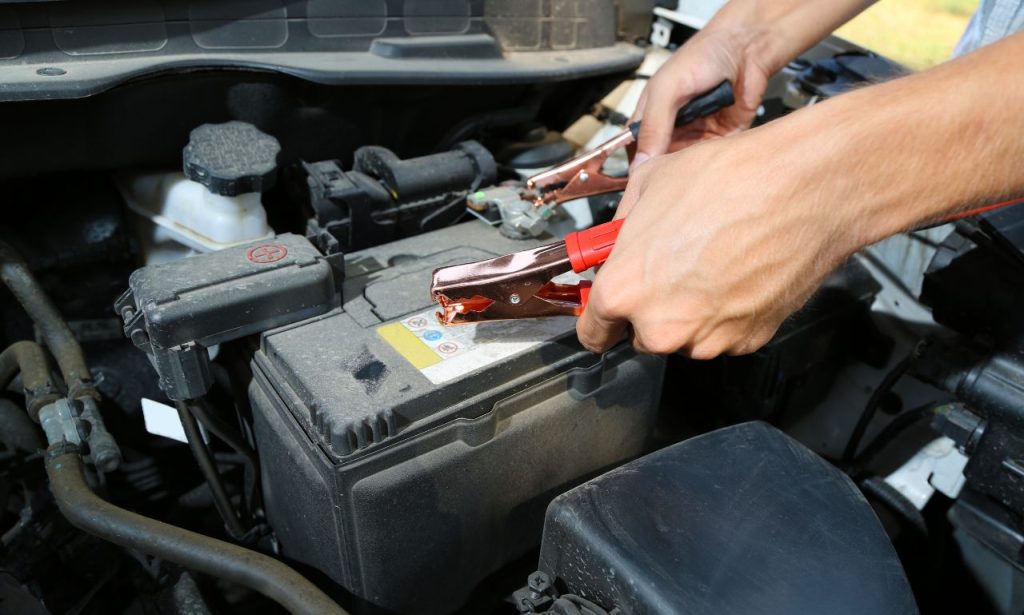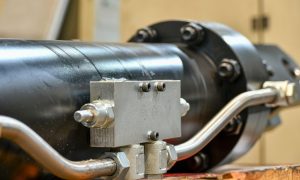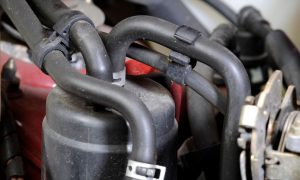You’ve probably heard the adage, “A chain is only as strong as its weakest link.” When it comes to your car, that weakest link could be your battery. While a battery’s primary job is to provide the electrical power needed to start your engine, a leaky battery can quickly become a major headache.
Imagine this: you’re rushing to work, turn the key, and hear a disheartening click instead of the familiar roar of your engine. You check the battery terminals, and instead of the expected metal, you find a gooey, corrosive substance. This is the telltale sign of a leaking battery.
But why does this happen? What causes your car battery to leak, and what can you do to prevent it? Let’s delve into the world of car batteries and uncover the secrets behind their leaks.
Common Causes of Battery Leaks
A leaking car battery is not a random occurrence. It’s usually a symptom of underlying issues that can be addressed with proper care and maintenance. Here are some of the most common culprits:
1. Overcharging and its Effects

Imagine your battery as a water balloon. If you keep pumping it with more water (electricity), it will eventually burst. Similarly, overcharging your battery can lead to leaks.
How Overcharging Happens:
- Faulty Alternator: The alternator is responsible for charging your battery while the engine is running. If the alternator malfunctions, it can overcharge the battery, leading to excessive heat and pressure buildup.
- Incorrect Charging Voltage: Even a seemingly minor fluctuation in charging voltage can lead to overcharging.
- Leaving the Battery on a Charger for Too Long: Leaving a battery connected to a charger for extended periods can result in overcharging, especially if the charger isn’t designed for trickle charging.
Consequences of Overcharging:
- Electrolyte Loss: Overcharging can cause the electrolyte (the liquid inside the battery) to boil and evaporate, leading to a decrease in the electrolyte level and potential leaks.
- Battery Swelling: The excessive heat and pressure from overcharging can cause the battery to swell, potentially leading to leaks from the battery case.
- Reduced Battery Life: Constant overcharging can damage the battery plates, reducing its overall lifespan and performance.
2. Physical Damage to the Battery
Just like any other mechanical component, your battery is susceptible to physical damage.
Common Types of Physical Damage:
- Dropping or Impact: A simple drop or impact can crack the battery case, leading to leaks.
- Corrosion: Corrosion on the battery terminals can weaken the case and create pathways for leaks.
- Extreme Vibration: Constant vibration, especially during off-road driving, can cause internal damage to the battery, leading to leaks.
3. Corrosion at Terminal Connections
Corrosion is a common enemy of car batteries. It forms when the battery terminals are exposed to moisture and air, creating a conductive pathway that can lead to leaks.
Causes of Corrosion:
- Moisture: Rain, snow, and even condensation can contribute to corrosion.
- Electrolyte Spills: Spilled electrolyte can react with the metal terminals, forming corrosion.
- Poor Battery Connections: Loose or corroded battery terminals can create a pathway for electrolyte to leak.
4. Sulfation of Battery Plates
Sulfation is a natural process that occurs in all lead-acid batteries. However, it can be accelerated by several factors, leading to battery leaks.
What is Sulfation?
Sulfation is the buildup of lead sulfate crystals on the battery plates. These crystals impede the flow of electricity, reducing the battery’s capacity and performance.
Causes of Sulfation:
- Undercharging: Leaving the battery in a partially discharged state for extended periods can lead to sulfation.
- High Temperatures: Extreme temperatures can accelerate the sulfation process.
- Deep Discharges: Repeatedly discharging the battery to a very low level can contribute to sulfation.
5. Impact of Extreme Temperatures
Your car battery is sensitive to extreme temperatures, both hot and cold.
Effects of Extreme Temperatures:
- High Temperatures: High temperatures can accelerate the chemical reactions inside the battery, leading to faster electrolyte loss and potential leaks.
- Low Temperatures: Cold temperatures can slow down the chemical reactions in the battery, reducing its capacity and making it more susceptible to sulfation.
Signs of a Leaking Car Battery
Identifying a leaking battery early on is crucial to prevent further damage and ensure the safety of your vehicle. Here are some telltale signs:
1. Visual Indicators
- White Powdery Substance: A white, powdery substance around the battery terminals is a clear sign of corrosion, which often accompanies leaks.
- Fluid Leak: If you see any liquid leaking from the battery case, it’s a strong indication of a leak. The electrolyte can be clear, greenish, or even brownish.
- Swollen Battery Case: A swollen battery case is a sign of internal pressure buildup, which can lead to leaks.
2. Performance Issues
- Difficulty Starting the Engine: A leaking battery may not have enough power to start the engine.
- Dim Headlights: A leaking battery can result in dim headlights and other electrical problems.
- Electrical Malfunctions: A leaking battery can cause various electrical malfunctions, such as intermittent power loss, flickering lights, or faulty electronics.
Preventive Measures
Preventing battery leaks is easier than dealing with them. Here are some proactive steps you can take:
1. Regular Maintenance Checks
- Visual Inspection: Regularly inspect the battery for signs of corrosion, leaks, or swelling.
- Terminal Cleaning: Clean the battery terminals with a baking soda solution and a wire brush to remove corrosion.
- Electrolyte Level Check: Check the electrolyte level in the battery and top it off with distilled water if needed.
2. Proper Battery Installation
- Use the Correct Battery: Ensure you’re using the correct battery for your vehicle.
- Secure Connections: Tighten the battery terminal connections securely, but avoid over-tightening.
- Proper Placement: Install the battery in a location where it’s protected from heat, vibration, and moisture.
3. Monitoring Charging Systems

- Alternator Check: Have your alternator checked regularly by a qualified mechanic.
- Battery Voltage Monitoring: Use a voltmeter to monitor the battery voltage while the engine is running.
- Avoid Deep Discharges: Avoid completely discharging the battery, as this can lead to sulfation.
Conclusion
A leaking car battery can be a frustrating and potentially dangerous problem. By understanding the common causes of leaks and taking preventive measures, you can significantly reduce the risk of encountering this issue.
Regular maintenance, proper installation, and monitoring the charging system are key to keeping your battery healthy and leak-free. Remember, a well-maintained battery is a reliable partner on the road, ensuring a smooth and hassle-free driving experience.
ALSO READ: What Will a Vacuum Leak Cause
FAQs
If you notice your car battery is leaking, it’s essential to take immediate action. First, disconnect the battery terminals to prevent electrical shock. Then, contact a qualified mechanic or an automotive service center to assess the damage and determine the best course of action.
While some minor repairs, like cleaning the terminals, can be done at home, it’s generally not recommended to attempt major repairs on a leaking battery yourself. A professional mechanic has the expertise and tools to properly diagnose and repair the issue.
The lifespan of a car battery varies depending on several factors, including the type of battery, driving habits, and climate. On average, a car battery can last anywhere from 3 to 5 years.
Besides leaking, there are other signs that your battery might be nearing the end of its life. These include difficulty starting the engine, dim headlights, and slow cranking. If you notice any of these symptoms, it’s a good idea to have your battery checked by a professional.
You can prolong the life of your car battery by following these tips:
Regular Maintenance: Perform regular maintenance checks, including cleaning the terminals and checking the electrolyte level.
Avoid Deep Discharges: Avoid completely discharging the battery, as this can damage the battery plates.
Proper Storage: Store the battery in a cool, dry place when not in use.




